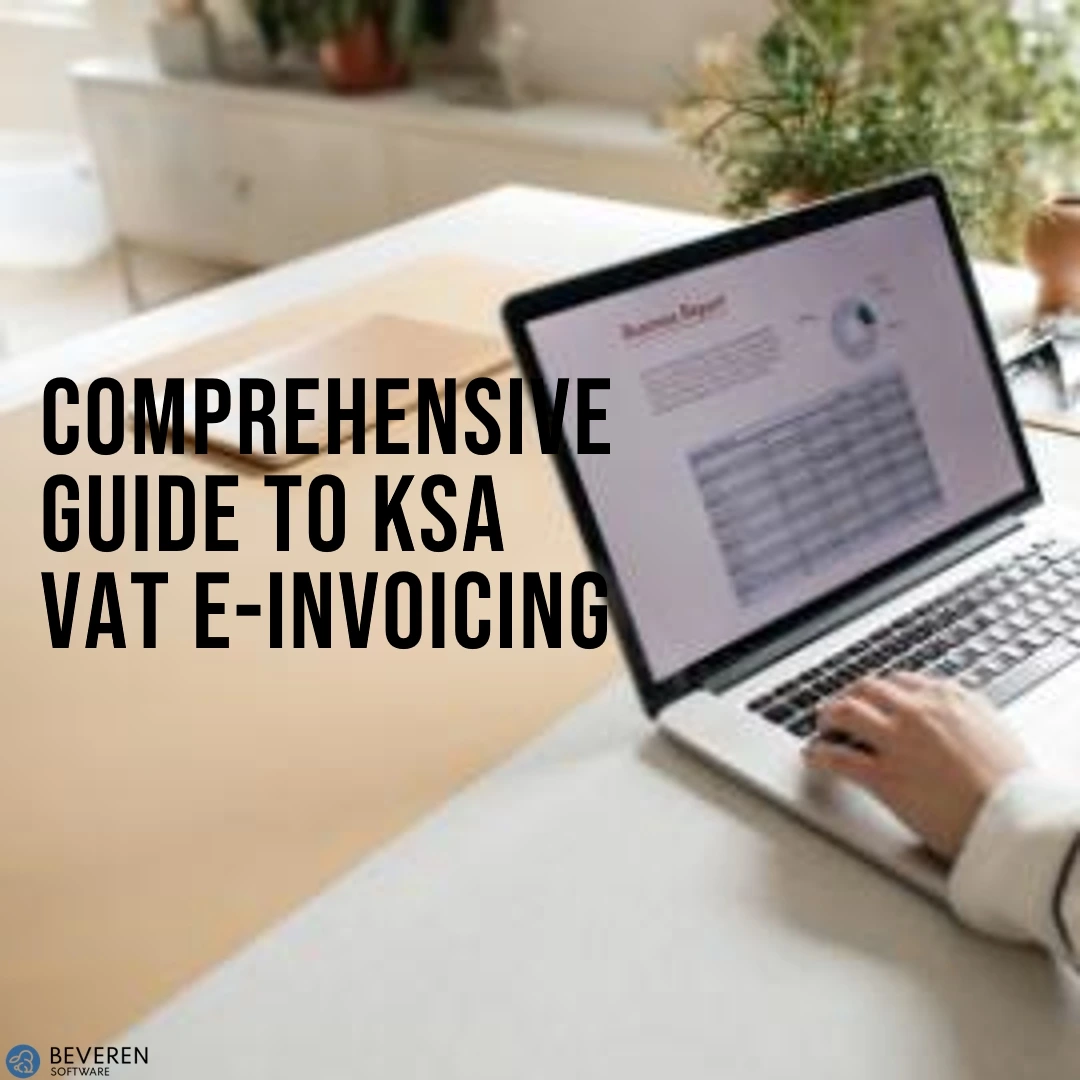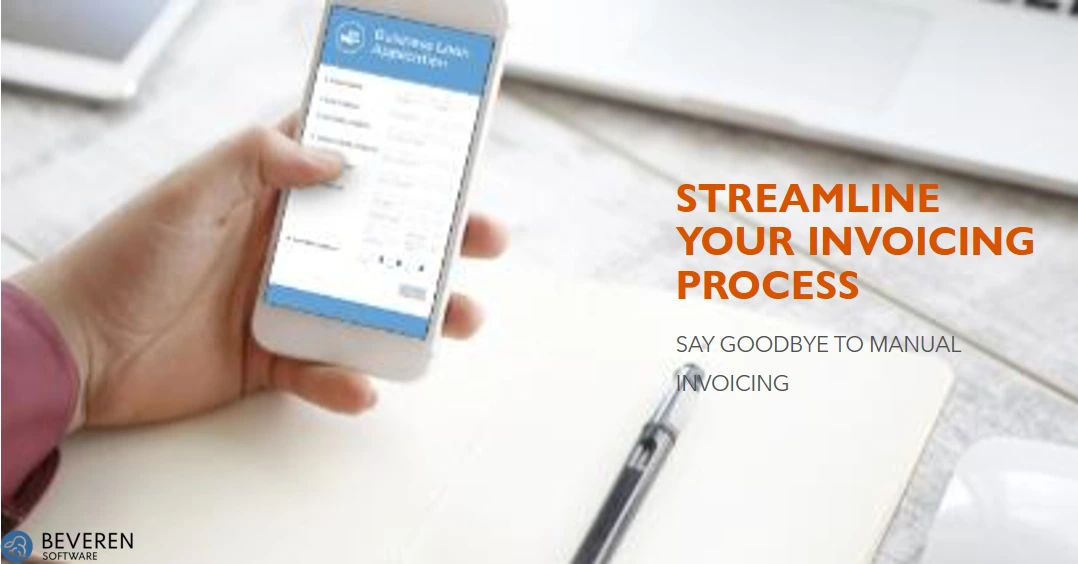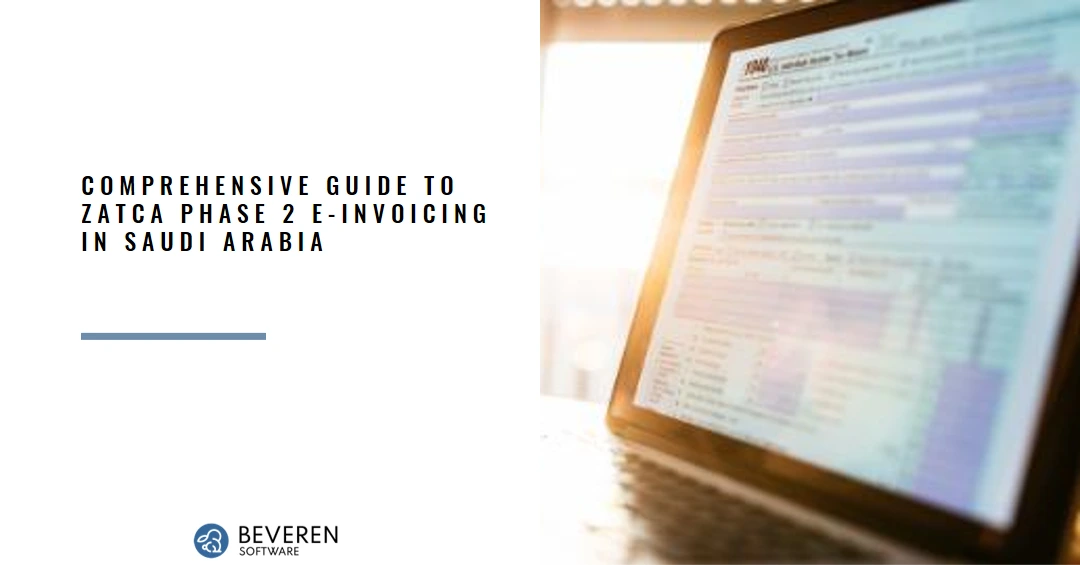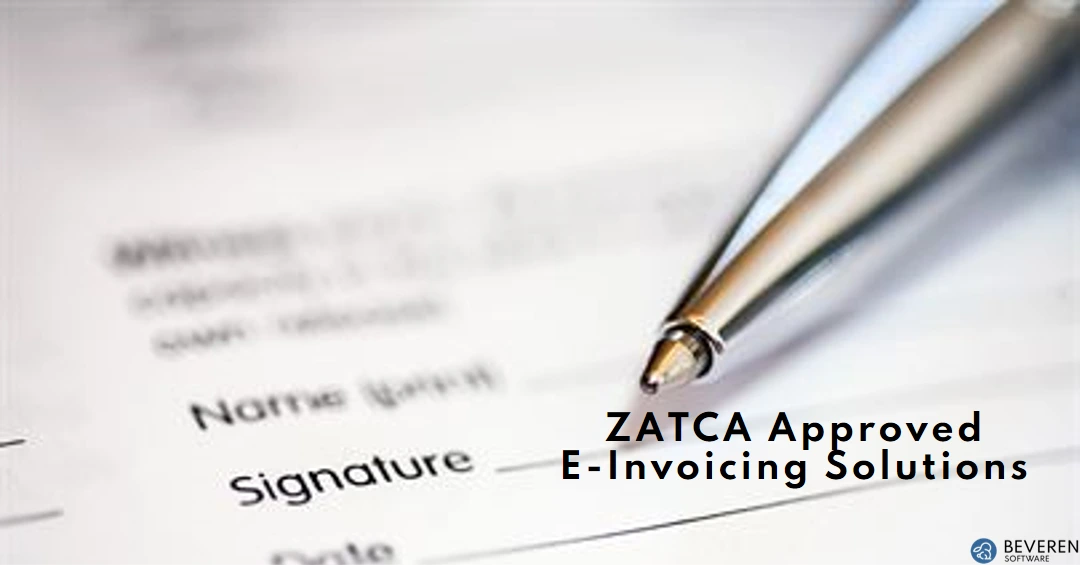
In today’s digital age, businesses in the Kingdom of Saudi Arabia (KSA) are rapidly embracing electronic invoicing (E-Invoicing) to streamline their operations and comply with the VAT regulations set forth by the Zakat, Tax and Customs Authority (ZATCA). This guide aims to provide you with a thorough understanding of KSA VAT E-Invoicing, its importance, implementation process, and benefits.
What is KSA VAT E-Invoicing?
Overview
KSA VAT E-Invoicing refers to the electronic generation, transmission, and storage of invoices between businesses and their customers. It eliminates the need for paper-based invoices, replacing them with digital documents that adhere to the specifications outlined by the ZATCA.
Legal Framework
The implementation of KSA VAT E-Invoicing is governed by the VAT Law and its Executive Regulations, which mandate compliance with specific invoicing requirements to ensure transparency and accuracy in tax reporting.
Importance of KSA VAT E-Invoicing
Compliance
Adopting eInvoicing is essential for businesses to remain compliant with KSA VAT laws. Non-compliance can result in penalties and legal repercussions, making it imperative for businesses to adhere to the prescribed invoicing standards.
Efficiency
eInvoicing streamlines the invoicing process by automating tasks such as invoice generation, delivery, and storage. This efficiency translates into cost savings, reduced errors, and improved workflow management for businesses of all sizes.
Enhanced Transparency
Electronic invoices offer greater transparency compared to their paper counterparts. They provide a detailed audit trail of transactions, facilitating easier verification and reconciliation for both businesses and tax authorities.
Implementation Process
Assessing Readiness
Before implementing KSA VAT eInvoicing, businesses must assess their technological capabilities, internal processes, and staff readiness to ensure a smooth transition to electronic invoicing.
Choosing a Solution
Businesses can opt for various eInvoicing solutions available in the market, ranging from standalone invoicing software to integrated enterprise resource planning (ERP) systems. It’s crucial to select a solution that aligns with the business’s requirements and budget.
Integration and Testing
Once a solution is chosen, businesses need to integrate it with their existing systems and conduct thorough testing to identify any potential issues or discrepancies before fully deploying E-Invoicing across their operations.
Benefits of KSA VAT E-Invoicing
Cost Savings
eInvoicing eliminates the need for paper, printing, and postage, resulting in significant cost savings for businesses. Moreover, automation reduces the time and resources required to process invoices manually.
Faster Payments
Electronic invoices can be delivered instantaneously, accelerating the payment cycle and improving cash flow for businesses. This speed and efficiency contribute to better financial management and liquidity.
Reduced Errors
Manual invoicing processes are prone to errors such as typos, duplicate entries, and missing information. eInvoicing minimizes these errors through automation and validation checks, ensuring accuracy in invoicing and accounting records.
Conclusion
In conclusion, KSA VAT E-Invoicing is a critical aspect of tax compliance and business efficiency in Saudi Arabia. By embracing electronic invoicing, businesses can streamline their operations, enhance transparency, and achieve substantial cost savings. As the digital landscape continues to evolve, adopting e-Invoicing is not just a regulatory requirement but also a strategic imperative for businesses looking to thrive in the modern economy.
Key Questions About KSA VAT E-Invoicing System
- What are the penalties for non-compliance with KSA VAT E-Invoicing regulations?
Non-compliance with KSA VAT E-Invoicing regulations can result in penalties ranging from fines to suspension of business operations, depending on the severity and frequency of violations.
- Is there any specific format required for electronic invoices in Saudi Arabia?
Yes, electronic invoices in Saudi Arabia must adhere to the format and specifications prescribed by the General Authority of Zakat, Tax and Customs Authority (ZATCA), including mandatory fields and data requirements.
- Can businesses use third-party E-Invoicing solutions for KSA VAT compliance?
Yes, businesses have the flexibility to choose from a variety of third-party E-Invoicing solutions that comply with KSA VAT regulations. It’s essential to ensure that the chosen solution meets the ZATCA‘s requirements.
- How does E-Invoicing contribute to sustainability and environmental conservation?
By reducing the reliance on paper-based invoicing, eInvoicing helps conserve natural resources, minimize waste, and lower carbon emissions associated with printing and transportation.
- Are there any exemptions or special provisions for certain types of businesses regarding KSA VAT E-Invoicing?
While the VAT Law and Executive Regulations apply to most businesses in Saudi Arabia, certain exemptions and special provisions may apply to specific industries or transactions. It’s advisable for businesses to consult with tax advisors or legal experts for guidance on their particular circumstances.





